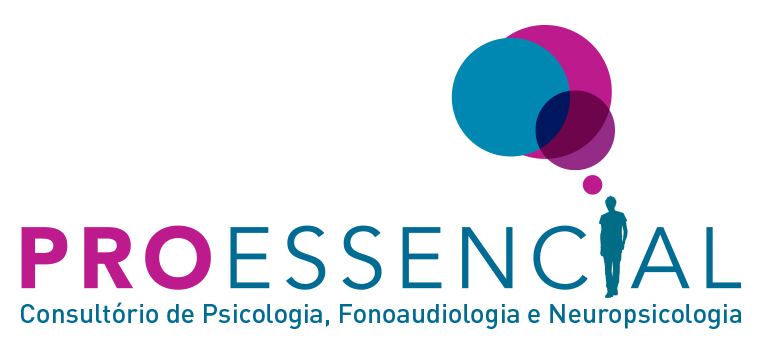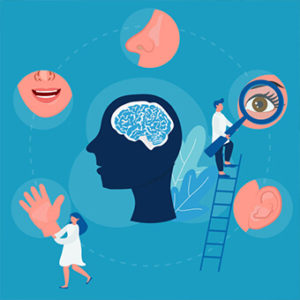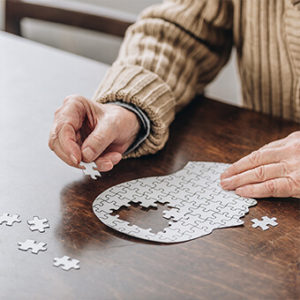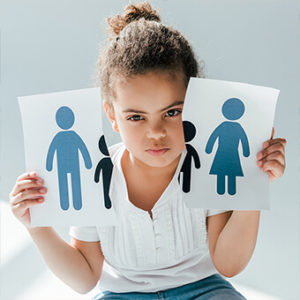Children struggling with developmental language disorder develop vocabulary and grammar at a much slower rate than their peers.
Children with DLD, too, can have problems with aspects of language to varying degrees, including:
- Phonology or speech sounds – Children struggling with phonology will have difficulty distinguishing and recognizing speech sounds.
- Syntax (grammar) and morphology – A child may have difficulty creating grammatically correct sentences, adding prefixes and suffixes to verbs, and using proper verb tenses.
- Semantics or vocabulary – Children with DLD tend to have reduced vocabulary and have difficulty understanding that some words have different meanings.
- Finding words – Even when the child is familiar with a word, he will have difficulty accessing or using it (tip of tongue phenomenon).
- Pragmatics – refers to social communication, inference and figurative language. A child, who has difficulties with pragmatics, may have trouble using appropriate language (including non-verbal communication) in different social situations and daily interactions.
- Speech (narrative and conversation) – With DLD, the child often has trouble telling stories or describing a sequence of events.
- Verbal memory and learning – remembering words, especially unfamiliar ones, is difficult for a child with DLD. The child may also have difficulty remembering and understanding long or complex sentences. These students have reduced working memory, which makes learning a language more difficult for them.
Need help with developmental language disorder? We help you.
